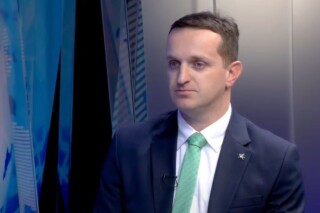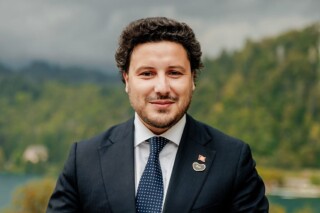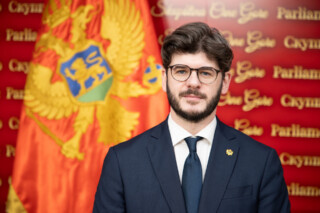Due to the traditional “noises” between the states that emerged following the demise of the former Yugoslavia, which have escalated in recent months, in Western political and media circles our region is again treated as in the 1990s – as a barrel of gunpowder. The cause of all conflicts is, just like in the afore-mentioned nineties – Serbia, i.e. its policy of more or less open interference in internal affairs of all the WB countries. In an interview with Pobjeda daily, Kosovo’s Prime Minister, Albin Kurti, says that today Serbia is behaving like a “little Russia” towards the countries that emerged from the demise of the greater Yugoslavia – paternalistic and hegemonic.
Recent tensions on the Serbia-Kosovo border are also evidence, after which Kosovo forces were forced to react. Two months after the incident, Kosovo Prime Minister, Albin Kurti, claims that, despite the turmoil at the border, relations between the two have remained unchanged.
“Relations between Kosovo and Serbia are the same: neither better nor worse,” PM Kurti explains. “We’re dealing with a state which doesn’t recognise Kosovo, which is autocratic and pro-Moscow. On the other hand, Kosovo is an independent and sovereign state, it has its own territorial integrity, but faces many problems as well.”
He continues: “Kosovo’s biggest problem is Serbia, as it can neither image not accept it as an equal country-neighbour.”




